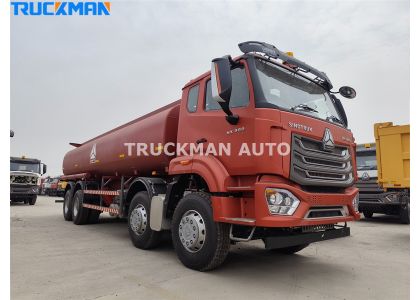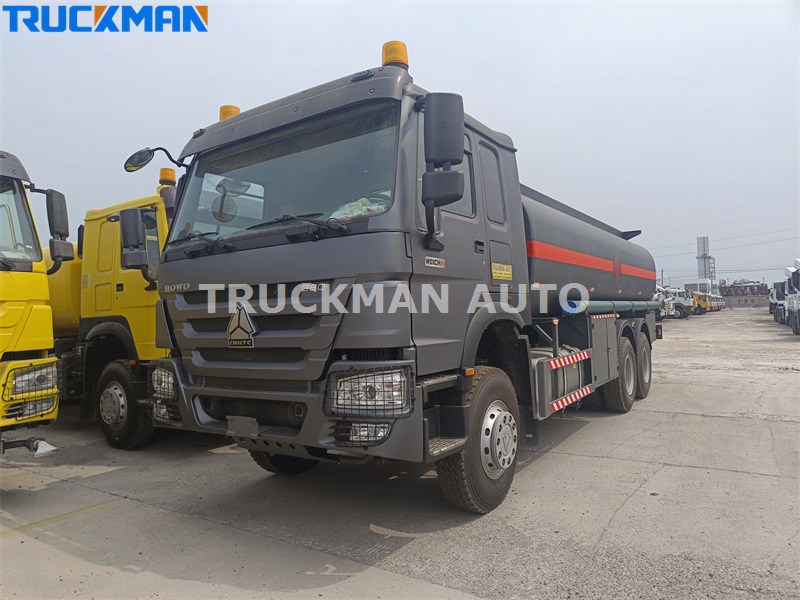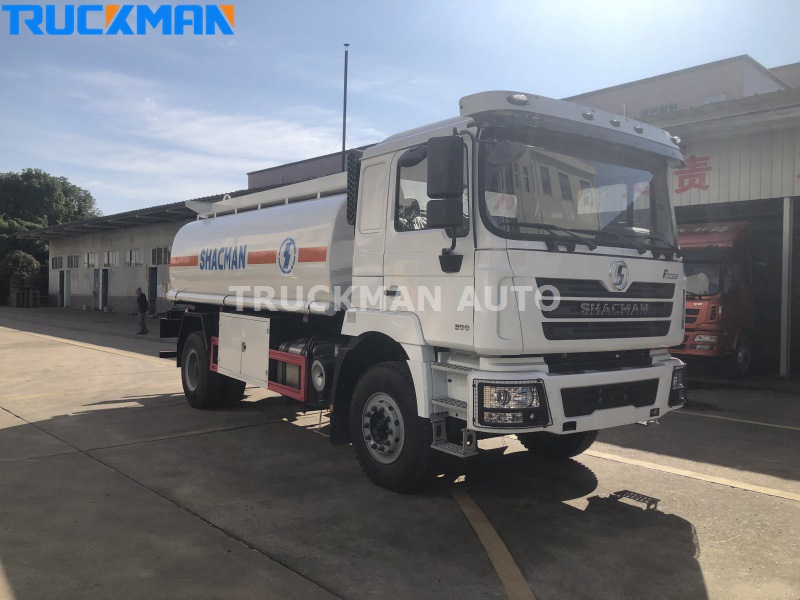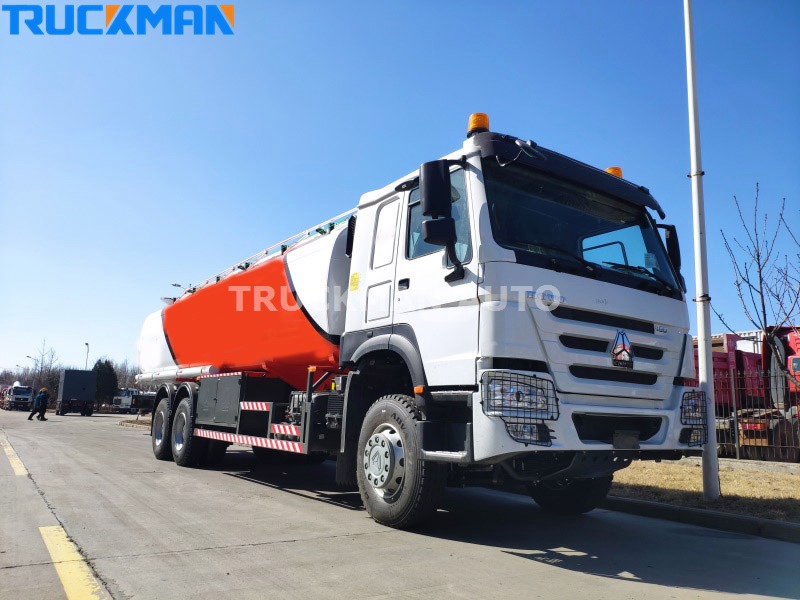
Oil tanker trucks can be used to transport a variety of liquid substances, such as: gasoline, diesel fuel, etc., but also can be used to store liquid substances vehicles, can store a variety of liquid substances to meet different needs. Due to the high danger of transporting goods, it is very important to effectively improve the safety of oil tanker truck transportation. This article will introduce how to improve the safety of hazardous materials transportation from the vehicle configuration, routine maintenance and staff safety training.
1. Vehicle Configuration
Oil tanker trucks can be fitted with special equipment to ensure the safe transportation of hazardous materials. For example ABS brake system, subsea valve and GPS tracking system etc.
a. ABS brake system: The ABS system can keep the wheels rolling during emergency braking, improve the braking stability and safety of the vehicle, and reduce the risk of rollover.
b. Seasub valve: Subsea valve, also called emergency shut-off valve, is installed at the bottom of the tanker truck, after it is subjected to violent external force, the valve body will be disconnected along the cut-off groove, without affecting the sealing of the tank to realize the separation of the pipeline and the tank at the bottom of the tank, so as to effectively prevent the leakage of the oil in the tank, and to ensure the safety of transportation.
c. GPS tracking system: GPS technology, combined with advanced analytical tools, enables real-time monitoring of vehicle status and driver behavior to detect potential safety hazards in a timely manner. For example, the system can monitor overly fatigued driving behavior and alert managers to take action, thereby improving transportation safety.

2. Daily Maintenance
Routine maintenance and upkeep of oil tanker trucks is a critical aspect of ensuring their safe operation. This includes but is not limited to the following aspects.
a. Appearance inspection: Check whether the oil tanker truck is posted with signs, check whether the vehicle storage container is deformed, damaged, etc., and also check whether the welded parts of the vehicle are rusted and aged.
b. Component inspection: Check whether there is any loosening problem of the components at the oil suction inlet of the tanker truck, including bolts, nuts, rubber, etc., and make sure the tightness of these components, as well as check whether there is any loosening problem of other components that are prone to loosening. At the same time, check other parts that are prone to loosening, such as tank body, base and gaskets, etc., to ensure the safety of the parts.
c. Inspection of fire extinguishers and subsea valves: Regularly check the service life of fire extinguishers and breathing valves, and replace them in time when they exceed the service life, and ensure the reasonableness and completeness of these two kinds of safety equipment.
d. Loading and unloading device inspection: Detailed inspection of the vehicle's loading and unloading device, including valve material, valve discharge port, valve box, hose and engine, etc., to ensure that Its safety and reliability.

3. Staff Training
a. Learning technical safety knowledge: Tanker drivers should master mandatory safety knowledge, such as explosion-proof, fire-fighting, first aid and other aspects of knowledge. For drivers of oil-carrying tankers, it is even more important to master basic safety technical knowledge, such as classification of oil, methods of loading and unloading oil, and principles of combustion in high-temperature environments.
b. Strengthen health management: Promote health management of tanker drivers to prevent fatigue driving and accidents. Regular physical checkups should be conducted, reasonable diet and rest should be maintained, and sufficient sleep should be ensured. At the same time, regular psychological counseling is needed to relieve work pressure and enhance work motivation.
c. Regular safety training: Tanker truck drivers must undergo regular safety training to keep abreast of the latest safety technology and safety regulations, to strengthen their knowledge and skills, and to enhance their safety awareness and sense of responsibility. Training organizations should focus on practical training to strengthen the combination of safety knowledge and actual operation, so that drivers can apply their knowledge more skillfully in actual work.
